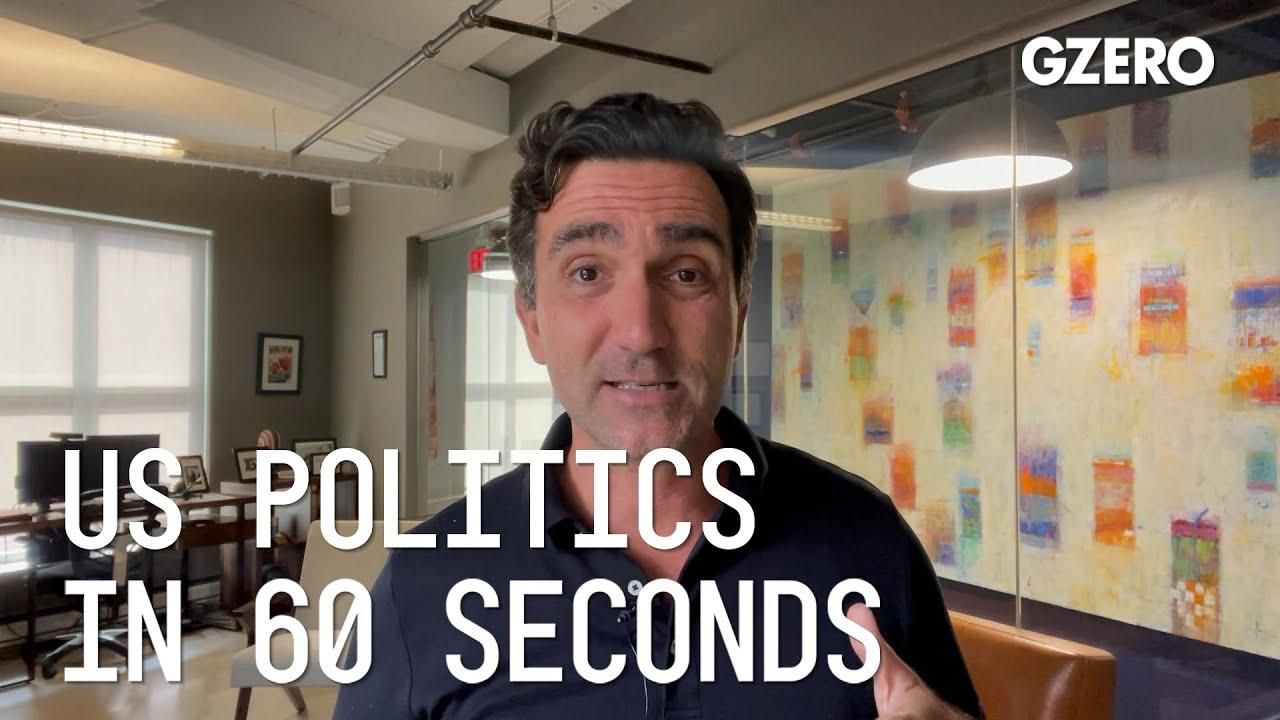
Jon Lieber, head of Eurasia Group's coverage of political and policy developments in Washington, shares his perspective on US politics:
What is President Biden hoping to achieve by visiting Saudi Arabia?
This week the White House announced that President Joe Biden would make a visit to the Middle East. The most important part of the trip will be a stop in Saudi Arabia and a visit with Saudi Crown Prince Mohammed bin Salman. The President came into office saying he wanted to make the Saudis pariahs for their history of human rights abuses, including the kingdom's involvement in the 9/11 attacks, the murder of journalist Jamal Khashoggi, and an ongoing war in Yemen that has resulted in tens of thousands of civilian casualties. But unfortunately for President Biden, his Middle East strategy has followed the Mike Tyson maxim that everyone has a plan until they're punched in the mouth.
Biden has found his presidency overwhelmed by high and rising price levels coming out of the pandemic. Perhaps, nowhere as bad as in energy. The national average price for a gallon of gasoline topped $5 for the first time ever this week. It's likely the problem gets worse before it gets better, and there isn't much that President Biden can do about it. Domestic oil production is slow to come online and isn't as potent as it was five years ago because of industry concerns about the long-term ability to make profits off of new wells, which has left Biden looking around the globe for additional supplies to help ease the global crunch that is driving up energy costs.
The tangible results of a meeting with the Saudis are likely to overwhelm expectations in Washington and, potentially, force Biden to play a high political price by backing off of his commitment to isolate the Saudi Crown Prince in exchange for very little. Getting the Saudis to agree to a specific commitment to put more barrels of oil in the market is unlikely, though, a narrower agreement for the Saudis to increase production caps is possible. However, this would have very little impact on high domestic gas prices as refining capacity in the US continues to be overstretched, suggesting high prices, at least, throughout the summer.
Interestingly, however, this trip is about more than just pumping oil. The Biden administration wants to provide a counterweight to the Saudis' growing relationship with Beijing. They want to get help from the kingdom in isolating Russia in the wake of the war in Ukraine and get commitments to maintain the ceasefire in Yemen, which the Saudis may be open to if the US is willing to resume arm sales.
So this trip makes sense for Biden, even if it doesn't necessarily lower gas prices. But the fact he's making it at all shows how hard it is for a US president to fundamentally change the direction of US foreign policy, which has elevated the US reliance on Saudi Arabia for over 40 years.
- Will Biden say sorry to MBS? - GZERO Media ›
- Biden could get Saudis to push Russia out of OPEC+ - GZERO Media ›
- Saudi Arabia reluctant to help lower oil prices this time - GZERO Media ›
- Joe Biden feels the Middle East heat - GZERO Media ›
- One last shot at the Saudi crown prince? - GZERO Media ›
- THE KHASHOGGI MURDER MYSTERY - GZERO Media ›
- Biden's Saudi Arabia visit is more about strategic partnership than oil - GZERO Media ›
- Biden-MBS meeting was "total win" for Saudis, says expert - GZERO Media ›